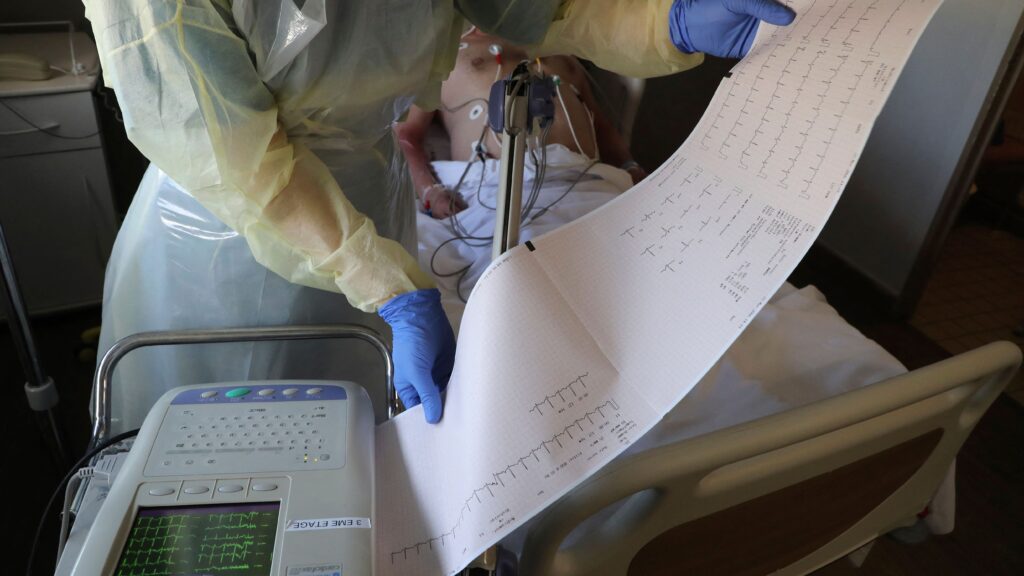By definition, sudden cardiac arrest seems to come out of nowhere. The most shocking cases are when young athletes collapse on the field, but this type of calamity also strikes dedicated middle-age runners, retirees whose health problems seemed well under control, adults of all ages and class.
If the person is lucky, medical help is close enough to get the heart beating again after it stops and before brain damage sets in, and the search for the hidden cause can begin. The less fortunate face terrible odds: survival rates for cardiac arrest outside a hospital have remained stuck at 10% for decades.
advertisement
At last, researchers are making headway on a problem that kills more than 400,000 Americans every year. Genetic analysis is revealing new vulnerabilities and syndromes; painstaking field work has built the foundation for risk prediction tools; cell therapies are moving toward clinical trials. These efforts are laying a strategy for sudden cardiac arrest that doesn’t depend so heavily on luck.
STAT+ Exclusive Story
Already have an account? Log in

Get unlimited access to award-winning journalism and exclusive events.


